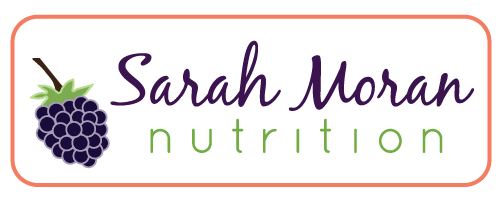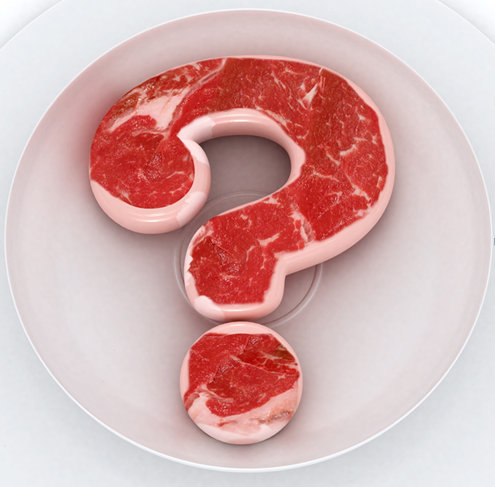Should We All Be Going Paleo? Part 2
/Note: This is Part 2 of my Should You Go Paleo series. If you missed Should You Go Paleo? Part 1, be sure to read that too! Also, if you're more of a watcher than a reader, I've recorded videos for Part 1 and Part 2 as well.
Now that we've addressed what Paleo is and some of the incorrect info that's out there in Part 1, it's time to get into the nitty gritty: my thoughts on the diet itself.
All or nothing mentality.
You'll often hear Paleo people (and strict dieters in general) talk about their "cheat day." This refers to a day set aside where non-Paleo foods are permitted. It's not something that everyone does, but I think it's common enough to address it here. The term "cheat day" is a little extreme to me and pretty much misses the whole point when it comes to healthy living. There are no perfect diets and no perfect people. Sometimes we eat well and other times we don't. It's finding the balance that's key. I eat well at home and am conscious about bringing healthy food through my door, but that doesn't mean my hand didn't end up in the candy jar during our various holiday gatherings. It wasn't cheating, it was just life. Having "cheat days" sets up the idea that you're somehow being naughty and can also lead to binging. Plus, the "on the diet, off the diet" mentality means you're not really learning how to live a healthy lifestyle.
It assumes we're all the same.
It is true that the majority of the world's population does not have the ability to fully digest dairy. It's also true that many people out there have at least some sensitivity to grains (particularly the gluten-containing ones), if not a full on intolerance or allergy. However, this does not make it true for everyone. If you find that dairy or grains or even legumes give you trouble, don't eat them. But, if you find that you can tolerate them just fine, there's no reason to cut them out. We're all different and come from different genetic backgrounds that developed according to the foods that were available in a particular part of the world.
Is it even possible to eat like our Paleolithic ancestors?
If you look at a Paleo diet plan, you'll see familiar foods that you can pick up at your local grocery store. The problem is, theses aren't the foods that were available to our Paleolithic ancestors, they are the result of agriculture. Human nurturing and breeding have given us plants that have the qualities we favor, such as larger fruits or more palatable flavor profiles. How many Paleo followers are hunting and gathering all of their food? I'd venture to say, not many.
The Bottom Line.
When it comes down to it, I'm neither pro- nor anti-Paleo. I think it has a lot of great principles, such as limiting highly processed foods and emphasizing real, whole foods like veggies, fruits, and pastured meat. But, I just can't get down with the idea that every person on this planet is intolerant to grains, legumes, and dairy. Plus, we can't really replicate what our Paleolithic ancestors ate because nearly all of the food available to us comes from agriculture. I think eating the way the Paleo diet recommends is ONE way to eat healthy, but it isn't the ONLY way to eat healthy. Stick to real, whole foods and find what works best for you.
[x_video type="16:9, 5:3, 5:4, 4:3, 3:2" m4v="" ogv="" poster="" hide_controls="" autoplay="" embed='' no_container="true"]
What are you thoughts on the Paleo diet? Have you ever tried it yourself? What was your experience? Share in the comments below!

